Complete lies! (01/2024)
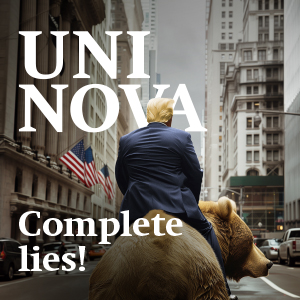
Many people lie to avoid hurting others. But some lies are meant to manipulate others. Misinformation and disinformation come in many guises. UNI NOVA sheds light on them from different perspectives.
Subscribe to the newsletter-
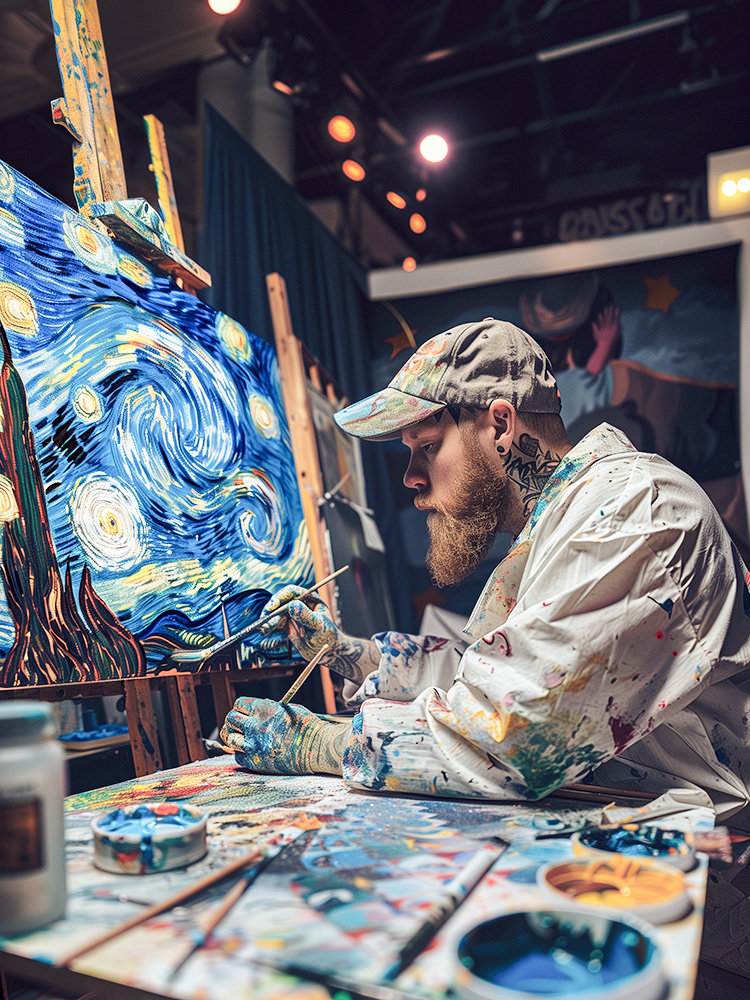 Dossier
DossierThe art of deception.
Text: Christoph Dieffenbacher / Many museums and collections have forged artworks hanging on their walls. Accomplished copies can sell for millions and even impact art historians.
-
 Dossier
DossierA half-truth is often believed.
Interview: Noëmi Kern / Literary scholar Nicola Gess studies narratives that may sound convincing but are only partially true. In times of crises, these half-truths tend to thrive.
-
 Dossier
DossierStaging is just part of the game.
Text: Harun Maye / The media have a significant impact on all election campaigns and distort reality. Media Studies scholar Harun Maye sees no harm in this.
-
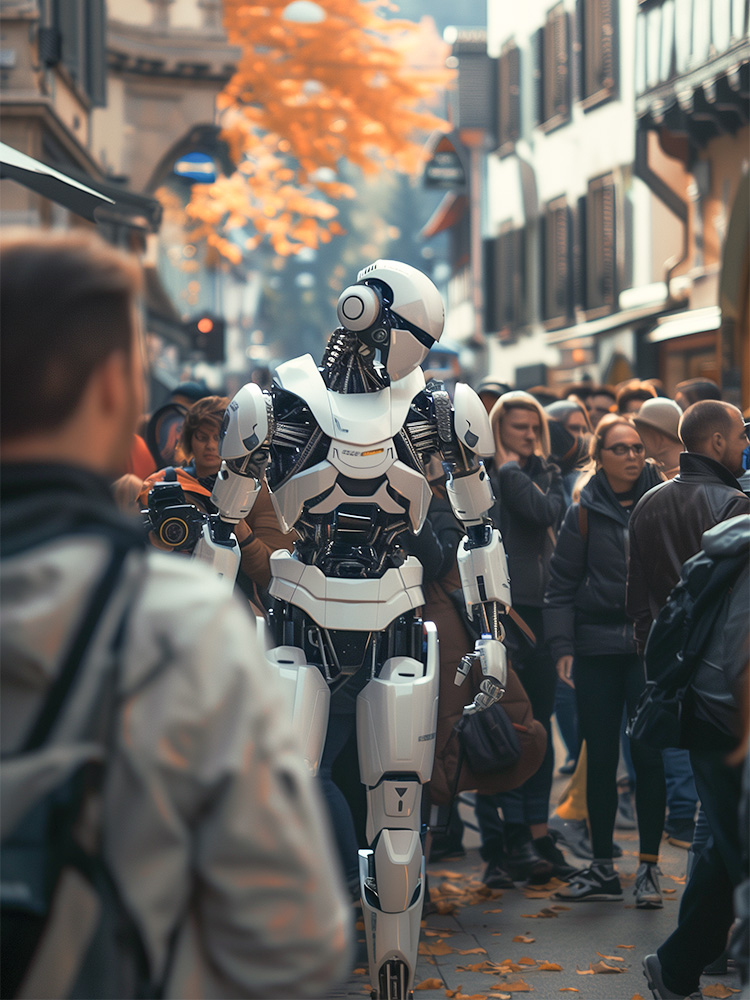 Dossier
DossierTestimony of a machine.
Text: Angelika Jacobs / Smart software constantly monitors us and provides key evidence in court cases. But does it always tell the truth? This is a question the justice system now faces with increasing regularity.
-
 Dossier
DossierHow to reconcile.
Text: Helena Zumsteg and Noëmi Kern / If a lie is exposed, it can end friendships. Social psychologist Fanny Lalot researches how two people can maintain a relationship following a betrayal.
-
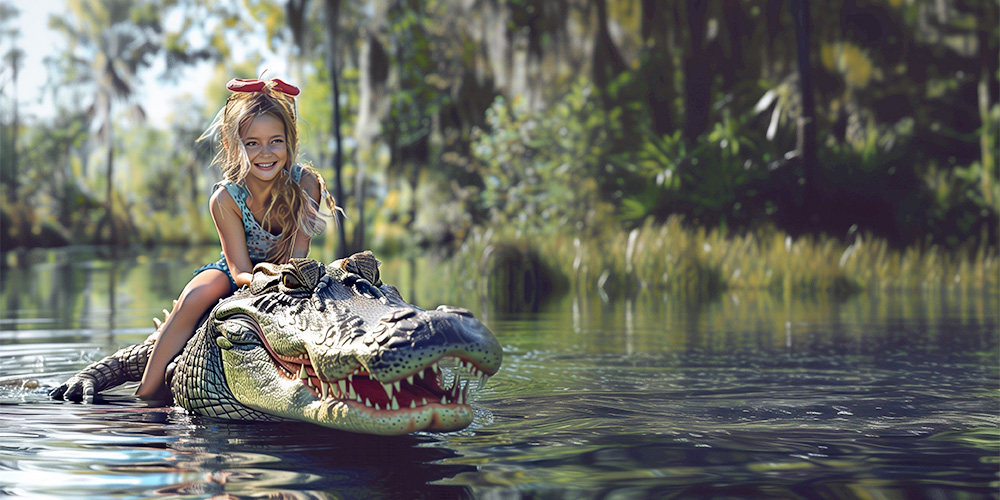 Dossier
DossierNot all that bad?
Text: Samuel Schlaefli / Targeted disinformation downplays the risks of climate change. Large sections of society are affected by the allure of absolution that such lies offer.
-
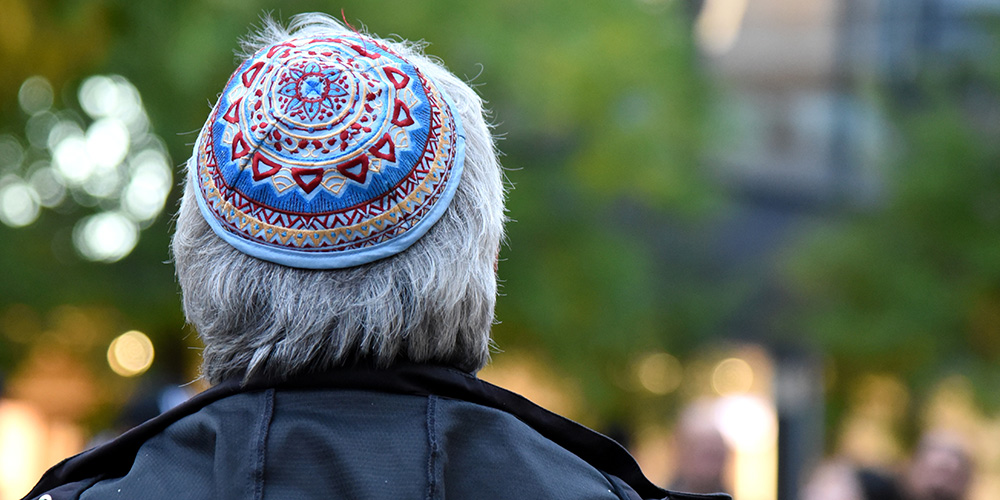 Dossier
DossierDefamed and excluded.
Interview: Noëmi Kern / For centuries, “the Jews” have been held responsible for all manner of disaster. Where do these accusations come from? And how can we tackle antisemitism? A conversation with historian Erik Petry.
-
 Dossier
DossierOur best estimation of reality.
Text: Angelika Jacobs / The brain tries to make sense of the world. But what happens when it continuously deviates from the truth?
-
 In conversation
In conversation“Peace is a controversial term these days.”
Interview: Urs Hafner / Our world is again becoming dominated by war. It is especially during the hottest phases of conflicts that well-informed, level-headed discourse is most crucial, says Dana Landau of swisspeace.
-
 Portrait
Portrait“Seeing is believing.”
Text: Christian Heuss / Ben Engel wants to understand the solar power stations of life: chloroplasts. He uses high-tech microscopes to watch them at work and get to the bottom of carbon fixation.
-
 Research
ResearchNot enough research into psychiatric nursing care.
Text: Micheal Ketzer, nursing scientist* / Michael Ketzer wanted a job that involved working with people. After several years in the nursing profession, he is now researching what constitutes and promotes quality in care.
-
 Opinion
OpinionHow do we deal with heat, Ms. Ragettli?
Text: Martina Ragettli / Summer days where the temperature gauge reads well over 30°C are no longer a rarity. What can we do to mitigate the consequences? Answers from Basel University epidemiologist Martina Ragettli.
-
 Opinion
OpinionHow do we deal with heat, Mr. Feigenwinter?
Text: Christian Feigenwinter / Summer days where the temperature gauge reads well over 30°C are no longer a rarity. What can we do to mitigate the consequences? Answers from Basel University atmospheric scientist Christian Feigenwinter.
-
 Research
ResearchJoy of parenthood for the over-40s.
Text: Noëmi Kern / Advanced parental age involves both medical risks and social challenges. What do couples, children of older parents, and healthcare professionals think about these issues?
-
 Research
ResearchStatistics for the soul.
Text: Tim Schröder / People who experience bullying or sexual abuse during childhood often suffer from psychological problems later in life. Using statistical methods, Giusi Moffa aims to identify which symptoms lead to serious disorders during a person’s lifetime so that psychologists can offer help.






